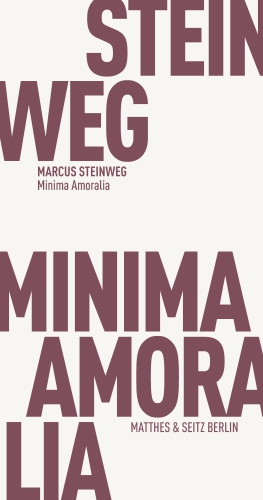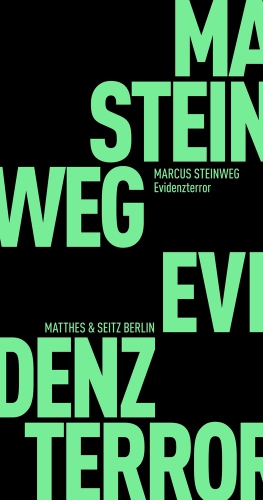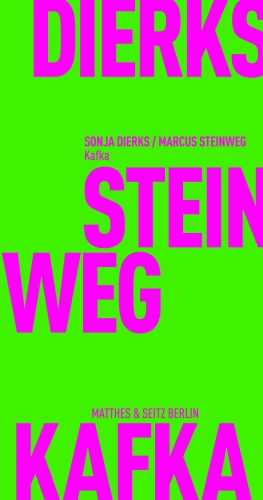The title of the book refers to Theodor W. Adorno's Minima Moralia. Not to contradict him, but to remind us that for Adorno, too, thinking is only possible as a conflict with the existing, with the zeitgeist, with tradition, with society. Truly moral thinking is amoral. It does not opportunistically come to terms with the economically and ideologically controlled conditions and constraints, but rather questions them, points out their directionality, as well as the fact that no one exists without direction, i.e. freely. The notes collected in this book deal with ghosts, sour milk, Hans Blumenberg, denied drowsiness, non-heroic writing, but also with Heraclitus, the pleasure of language, forgetful water, the materiality of language and the rainbow, to which every thinking that goes to extremes entrusts itself.
“Thinking will always struggle with the good. Not because it is in favor of evil, but because it knows that there is no good that does not imply its opposite. That is why politics cannot be substituted by morality, since all morality is the positing of the good while ignoring its inherent evil.”
Essay
Marcus Steinweg, born in Koblenz in 1971, lives as a freelance philosopher in Berlin after various teaching assignments and professorships, including at the Karlsruhe Art Academy. He has been working with the artists Thomas Hirschhorn and Rosemarie Trockel since the 1990s and creates his own philosophical conceptual diagrams. Many of his texts and lectures operate at the interface between art and philosophy.









